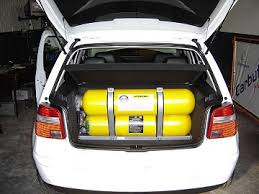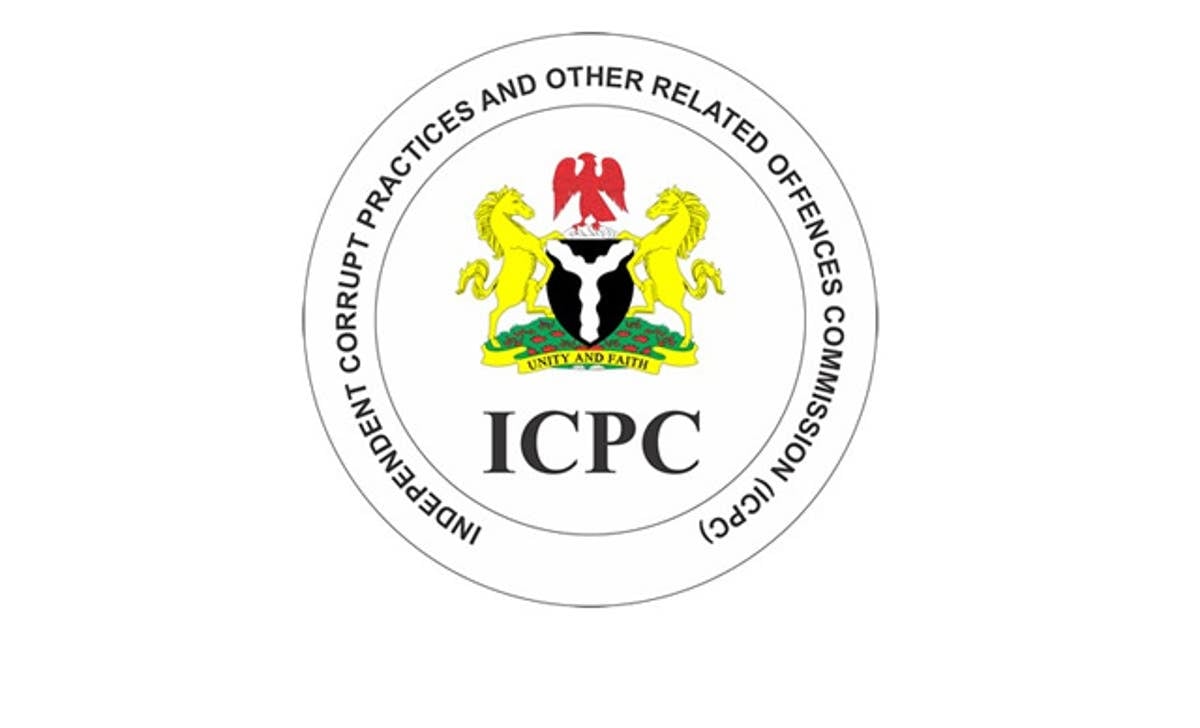In a democratic society, peaceful protest is one of the most fundamental civil rights, protected under the tenets of free speech and assembly. The ability to raise voices against injustice, bad governance, and societal ills is not only a constitutional right but also a key pillar of democracy. It is deeply troubling, then, that in recent times we have seen governments responding to peaceful protests with extreme charges, such as treason, against innocent citizens. This is not only an assault on the civil rights of these protesters but also a gross misapplication of the law.
During the turbulent political era in the 60’s, the government tried Joseph Tarka and Obafemi Awolowo for treason. Tarka was acquitted for lack of evidence, while Awolowo received a 10-year sentence.
Similarly, in 2017, Nnamdi Kanu, leader of the Indigenous People of Biafra (IPOB), was charged with treason for advocating for the secession of Biafra from Nigeria.
Treason is one of the gravest charges a government can level against its citizens.
Treason and terrorism charges are among the most severe, often carrying life sentences or even the death penalty. These accusations should not be made frivolously against anyone and should not be used as a tool of intimidation or silencing of opposition.
This charge has been reserved for extreme situations, often involving armed conflict or an actual attempt to subvert the political order through violence. By contrast, peaceful protesters who are unarmed and merely expressing dissatisfaction with the state of governance do not fit this.
How then does peacefully protesting against bad governance and hunger, while unarmed, fit into this definition?
By taking this approach, the President risks escalating already rising tensions. If he remains determined to suppress protests, free speech, and dissent, he will push his opponents into hiding. The peace and stability he seek for his administration will slip away. He could end up battling both terrorists and insurgents on one front, and underground resistance on the other.
The August protests, labeled ’10 Days of Rage,’ were organized in response to bad governance and widespread hunger, according to the organizers.
In the Federal Capital Territory and many states, the government deployed the judiciary and police to stop the protesters. Tear gas, hot water cannons, and live ammunition were used against them. Amnesty International said 13 people were killed; other accounts said as many as 31 persons died, while many were arrested. 10 of the arrested protesters were consequently charged with treason on September 2.
Now that the organizers of the August protests have announced another demonstration called ‘Fearless in October.’ Security forces should review their guidelines on managing public protests without causing harm, as is done in other countries.
To restore faith in the system, the Tinubu administration must retract these baseless treason charges and engage with protesters constructively. Citizens do not want to overthrow the government; they want their voices heard, their problems addressed, and their lives improved. The answer to peaceful protest is not intimidation but dialogue and reform.
The integrity of a democracy lies in how it handles dissent. If the only response to public outcry is to weaponize the law, then we must ask whether the system is truly democratic. Governments must remember that they are accountable to the people, not the other way around. Charging innocent protesters with treason is not just an attack on their civil rights; it is an attack on the very foundation of democracy itself.





















